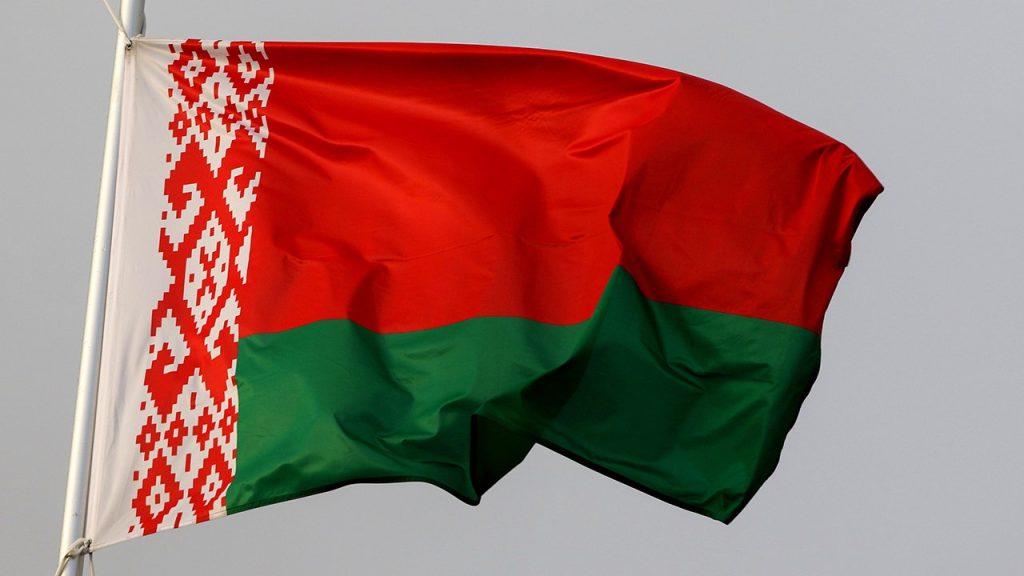Belarusian security officials claimed to have thwarted attempted drone strikes from Lithuania targeting the capital and surrounding areas. The Belarusian Committee for State Security (KGB) head, Ivan Tertel, made the assertion at an assembly meeting without providing evidence or details. Lithuania denied the claim, calling it “nonsense” and a “hostile provocation” aimed at the Belarusian domestic audience. Belarus, a close ally of Russia, has not entered the Russia-Ukraine war but has allowed Russian forces through its territory into Ukraine’s north.
Belarusian President Alexander Lukashenko has boasted that the country would defend itself against any attack from Ukraine or NATO. Opposition leader Sviatlana Tsikhanouskaya, exiled in Lithuania, dismissed the drone attack claims as baseless and suggested that Lukashenko may be believing his own disinformation. The Assembly unanimously approved new security and military doctrines put forward by Lukashenko to regulate the use of Russian nuclear weapons, allowing Belarus to resist any potential aggressor.
Political analysts believe that the bellicose rhetoric and military posturing by Lukashenko are aimed at securing additional support and funding from Russia to combat a perceived Western threat. By hosting Russian nuclear weapons and aligning its military doctrine with Russia’s, Lukashenko may be seeking compensation from the Kremlin. The statements by the Belarusian leader are seen as a way to signal to Russia the importance of ongoing support and cooperation.
The situation in Belarus has been further complicated by the presence of protesters challenging Lukashenko’s regime and seeking democratic reforms. The opposition movement, led by figures like Tsikhanouskaya, is calling for free and fair elections and an end to authoritarian governance. The Assembly’s approval of the new security framework underscores Lukashenko’s commitment to maintaining power and defending against perceived threats, both domestic and foreign.
The claims of drone attacks and the subsequent denial by Lithuania have added to tensions in the region, with both sides accusing each other of misinformation and provocations. The involvement of Russia in Belarus’ defense strategy further complicates the situation, as the country balances its alliance with Moscow against the desires of its citizens for more democratic governance. The ongoing political and security challenges in Belarus highlight the delicate balance between national sovereignty, external support, and internal dissent.


